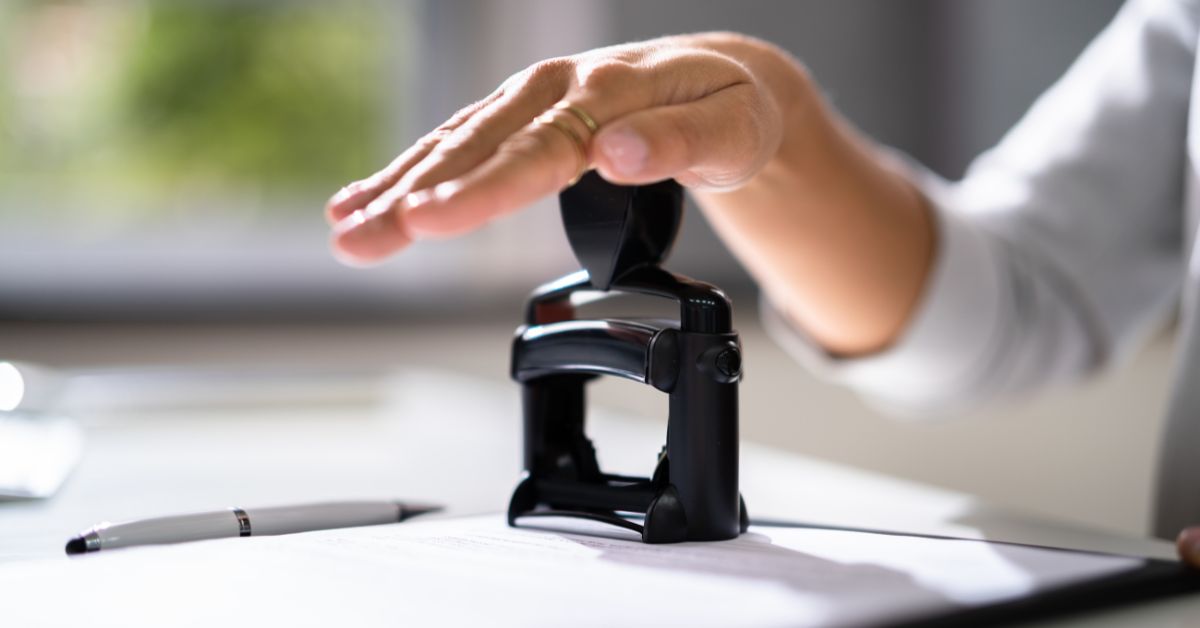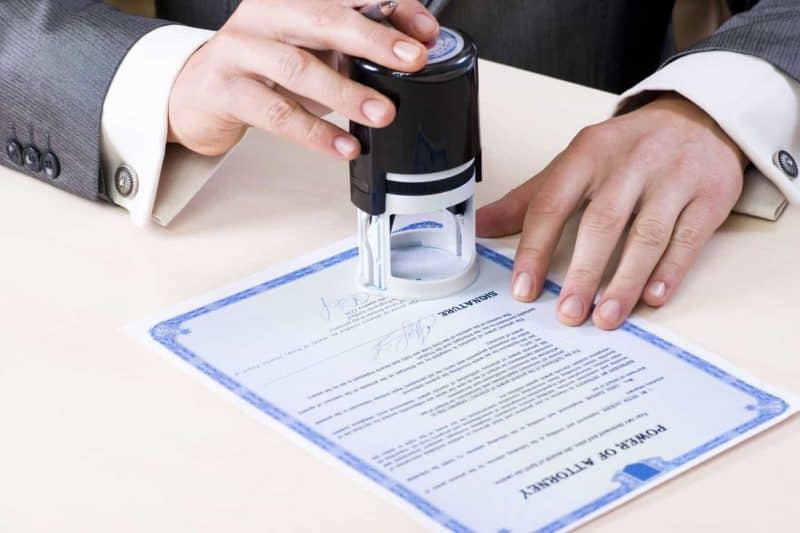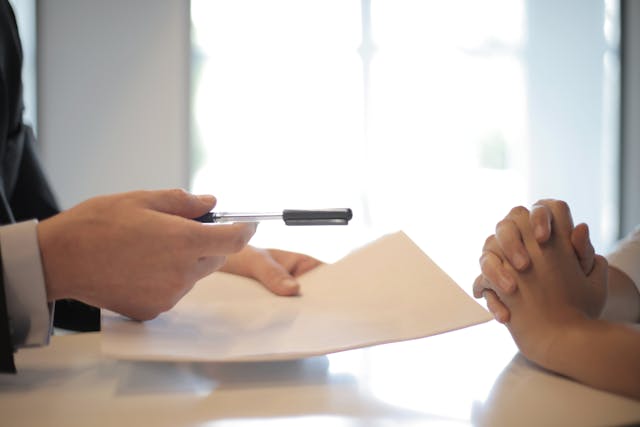More and more people are choosing to study abroad or build an international career. Whether you’re planning to pursue a university degree, start a new job, or take on an internship, you’ll often need to have your diploma legalized. But why is diploma legalization so important? In this blog, we explain why this process is essential and how it can improve your opportunities abroad.
What is diploma legalization?
Diploma legalization is the process by which a diploma is officially recognized by foreign authorities. This means your diploma is verified and approved by competent institutions, such as the Ministry of Foreign Affairs and embassies, before it is considered valid in another country. Without this legalization, a foreign educational institution or employer may reject your diploma.
Why is diploma legalization necessary?
Not every country automatically recognizes Dutch diplomas. To prevent fraud and ensure the authenticity of documents, many countries require an officially legalized diploma. This is especially important in sectors like education, healthcare, and law, where strict document validation is standard.
With a properly legalized diploma, you can:
- Enroll in universities and educational institutions abroad
- Qualify for international job opportunities and work permits
- Avoid having your diploma deemed invalid, which could limit your educational or career prospects
- Prevent issues with residency applications, as some immigration services require legalized diplomas
How does the Legalization process work?
Legalization ensures that your diploma is officially recognized in another country. The exact process can differ depending on the laws and requirements of the destination country. In some cases, a simple apostille is sufficient, while other countries require a more complex consular legalization.
The main steps typically include:
- Verification by DUO – The Dienst Uitvoering Onderwijs (DUO) confirms the authenticity of your diploma through an official statement. This is often the first required step before any further legalization can be done.
- Legalization by the Ministry of Foreign Affairs – After DUO verification, the diploma must be legalized by the Ministry of Foreign Affairs. If the destination country is a member of the Apostille Convention, an apostille is issued. Otherwise, a standard legalization stamp is applied to certify its validity abroad.
- Consular Legalization (if applicable) – If the receiving country does not accept apostilles, the diploma must also be legalized by the embassy of that country. This means the consular department of the embassy will review and approve the document for official use in their country.
- Additional Country-Specific Requirements – Some countries have extra conditions, such as requiring a sworn translation of your diploma, a statement from your educational institution, or further verification by the receiving authority. Always check the exact requirements for the country where you intend to use the diploma.
Common mistakes in the legalization process
Despite its importance, many people make avoidable mistakes during diploma legalization. These errors can lead to delays or even rejection. Some common mistakes include:
- Applying for the wrong type of legalization (apostille vs. consular legalization)
- Failing to provide a sworn translation when required
- Starting the process too late, which can interfere with application deadlines for studies or work permits
Want to avoid these mistakes? Read our blog on the 5 most common diploma legalization errors.
Ensure your diploma is recognized worldwide
Diploma legalization is a crucial step for anyone pursuing education or career opportunities abroad. Without proper legalization, you run the risk of having your diploma rejected, which could severely impact your plans. By starting the process early and following the correct procedures, you ensure that your diploma is valid internationally.Need assistance with your diploma legalization? Get in touch with JuridConsult — we’ll guide you through every step of the process.






